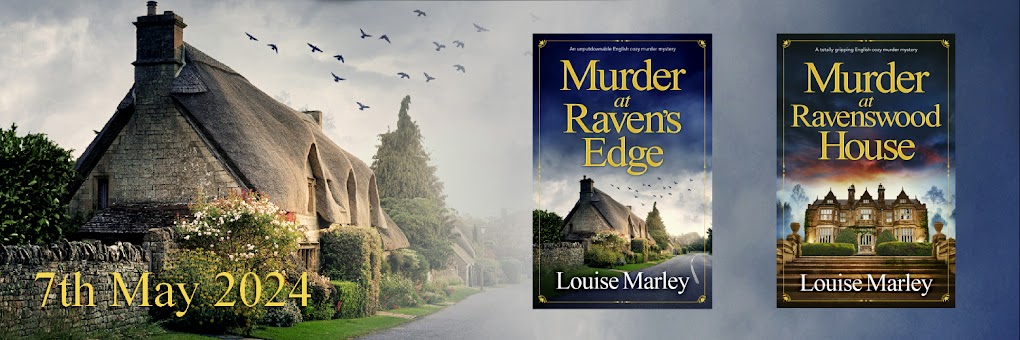This week I'm talking about the kind of hero I love to write.
When I first began writing, my heroes were always tall, dark-haired, blue-eyed and had a good sense of humour - mainly because I was married to a man who is tall, dark-haired, blue-eyed and has a good sense of humour - and I still am! But I soon realised it's not such a great idea to try and shoehorn one's husband into every story - he won't always fit. Besides, I would hate to think any of my heroes could be taken out of the environment of their own book and carelessly plonked into another with only a change of name and hair colour. I've worked hard to ensure they all have their own very different flaws, quirks and problems, which is why I love them - and why the basic idea for my stories has to come before I create them (see My Writing Process).
When I first began writing, my heroes were always tall, dark-haired, blue-eyed and had a good sense of humour - mainly because I was married to a man who is tall, dark-haired, blue-eyed and has a good sense of humour - and I still am! But I soon realised it's not such a great idea to try and shoehorn one's husband into every story - he won't always fit. Besides, I would hate to think any of my heroes could be taken out of the environment of their own book and carelessly plonked into another with only a change of name and hair colour. I've worked hard to ensure they all have their own very different flaws, quirks and problems, which is why I love them - and why the basic idea for my stories has to come before I create them (see My Writing Process).
 |
| Not me, or my husband, or my house (which is lucky, as they seem to have a serious case of woodworm) |
So what kind of heroes do I like writing best?
I'm very fond of the stranger-comes-to-town-and-is-he-all-he-seems hero (pretty much like any western you've ever watched). Why? Well, think about when you meet someone for the first time, and they tell you their name, and maybe a bit about their job or their family. What if it's all a pack of lies? Or, worse, they're pretending to be someone else entirely?
I also find anti-heroes fun to write, but not necessarily more popular with readers. If obnoxious, he has to have some redeeming qualities or he'll come across as a complete arse - or, in romance terms, an 'alpha-hole'. In Why Do Fools Fall in Love I had two possible heroes (going on the principle of why have one when you can have two): the wise-cracking Luke and the tortured-by-his-horrible-childhood Ross. (Spoiler alert). Guess which one my readers liked best? Luke. And why was that? Because Ross had one (and, as it turned out in the story, almost fatal) flaw: he treated women horribly, including the heroine. And by the time he'd realised his mistake it was too late. So he'll have to put in a lot of work if he wants to find his HEA.
If I have a hero-with-a-tragic-past, like Greg in Breathless, he's got to have a very good reason for the whole brooding mysteriously thing, unless he wants the heroine to mistake his hidden depths for basic sulking. In Greg's case he felt responsible for the death of his sister. Bryn in Nemesis has a similar background but, as his personality is more proactive, he feels he has far more important things to do than stakeout a graveyard and look moody - like solve his cousin's murder.
As most of my books do have a murder to solve, I've had heroes who've been police detectives or investigative journalists. It's easier that way; the police are very picky about who they let walk all over their crime scenes. I also like using characters who are celebrities: Luke in Why Do Fools Fall in Love, Zac in Breathless and the heroes of my Proposal series, because they come with their own (usually self-inflicted) set of problems.
I don't describe a hero's physical appearance much beyond hair and eye colour. This is deliberate. I know what the character looks like inside my head, but I want the reader to do some of the work too. Too much detail from me will read like a 'most wanted' poster. And, by basing a character on a real person - a hot actor, for example - I'd be assuming that because I find a certain type of man attractive, my reader would too. Surely it's better to let them cast their own hero?
The other danger to casting a famous actor as the hero of a novel is that (assuming I've never met him in real life) I'd be reusing the character he is most famous for playing rather than the man himself - a bit like fan fiction. I'd rather be original! And I do my best to ensure my heroes are too.
Perfectly Imperfect (Why rockstars make the best romantic heroes)
Never miss a post! See that little box in the left-hand column, near the top, that says 'Follow by Email'? If you add your email address, you'll receive my latest blog post almost as soon as I've written it.
Photo copyright: Fotolia
Never miss a post! See that little box in the left-hand column, near the top, that says 'Follow by Email'? If you add your email address, you'll receive my latest blog post almost as soon as I've written it.
Photo copyright: Fotolia



No comments:
Post a Comment